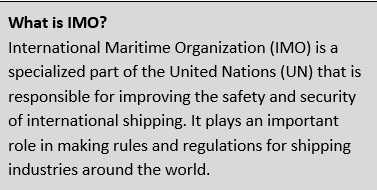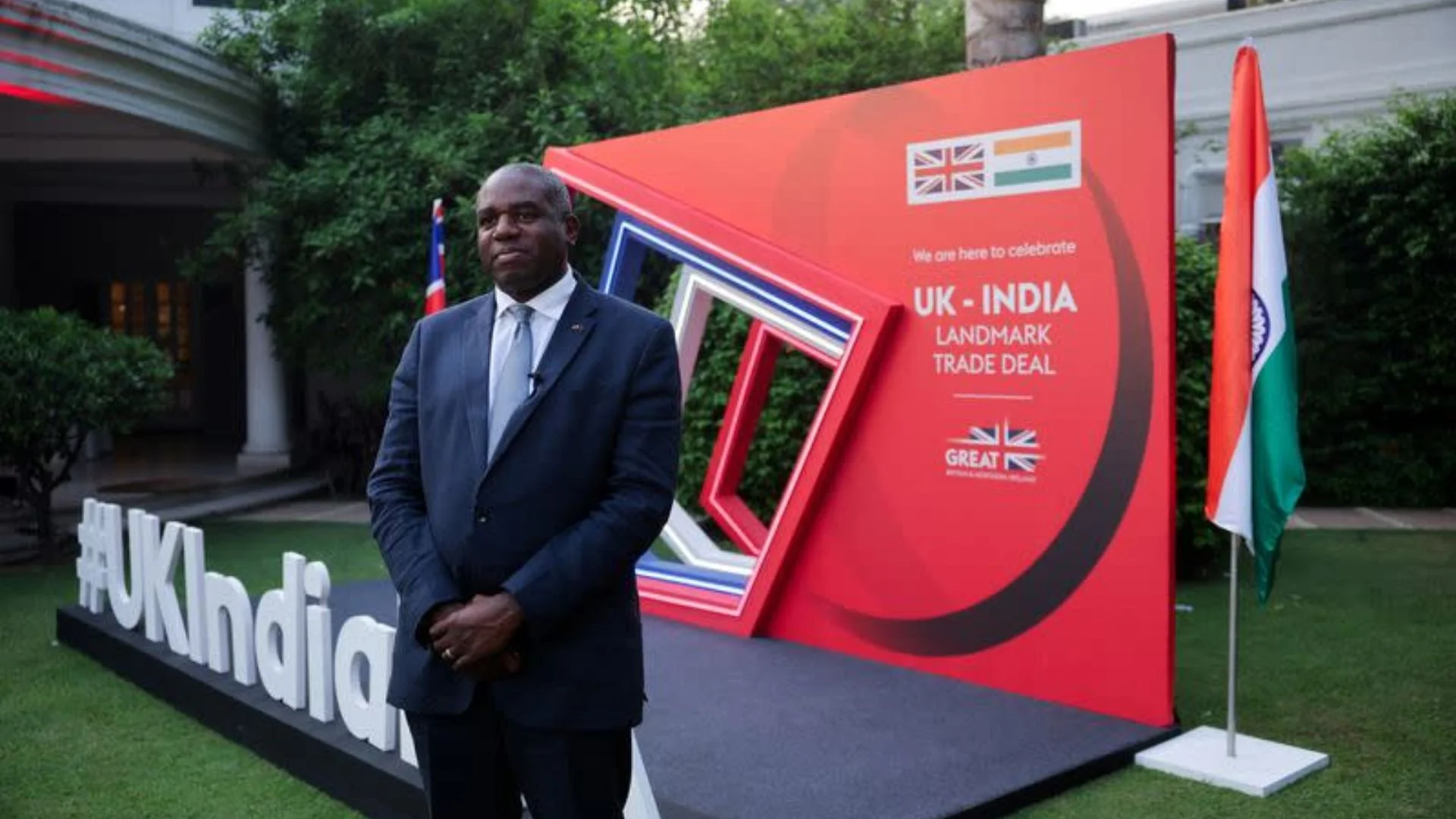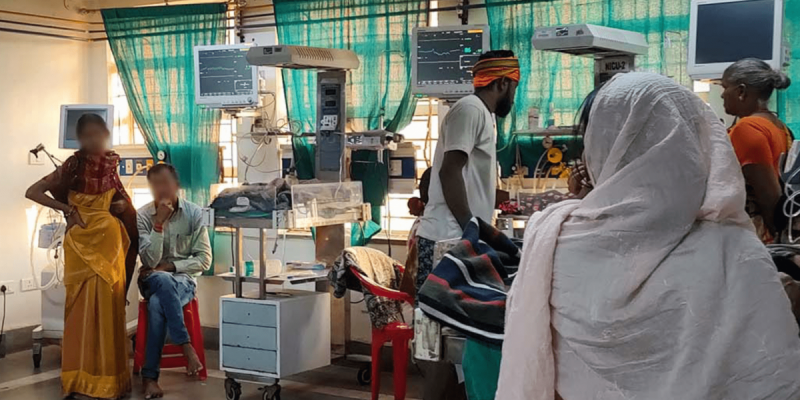- Courses
- GS Full Course 1 Year
- GS Full Course 2 Year
- GS Full Course 3 Year
- GS Full Course Till Selection
- MEP (Mains Enrichment Programme) Data, Facts
- Essay Target – 150+ Marks
- Online Program
- GS Recorded Course
- NCERT- First Ladder
- Polity
- Geography
- Economy
- Ancient, Medieval and Art & Culture AMAC
- Modern India, Post Independence & World History
- Environment
- Governance
- Science & Technology
- International Relations and Internal Security
- Disaster Management
- Ethics
- Current Affairs
- Indian Society and Social Issue
- CSAT
- 5 LAYERED ARJUNA Mentorship
- Public Administration Optional
- ABOUT US
- OUR TOPPERS
- TEST SERIES
- FREE STUDY MATERIAL
- VIDEOS
- CONTACT US
INDIA RE-ELECTED TO IMO COUNCIL
INDIA RE-ELECTED TO IMO COUNCIL
18-01-2024
Context
India was re-elected to the International Maritime Organisation (IMO) with highest votes, for the year 2024-25.
About IMO Council
The IMO Council looks over the work of the IMO. There are 40 countries in the Council, and they get elected every two years by the Assembly. These countries are split into three groups: -
- Category (a): Countries interested in giving international shipping services.
- Category (b): Countries interested in international seaborne trade.
- India was re-elected in this category.
- Category (c): Countries with special interests in maritime transport or navigation.
Role of the International Maritime Organization (IMO):
- Regulating the shipping industry by creating fair and effective rules.
- Setting standards for how ships should be designed, built, operated, and disposed of.
- The IMO checks and investigates accidents that occur in international waters.
- Promoting fair competition to create a fair and level playing field, without compromising on safety, security, and environmental standards.
- Preventing marine pollution to keep waterways clean by stopping pollution from ships. It has set rules that ships shouldn't use fuel with too much sulfur. IMO’s MARPOL Convention (The International Convention for the Prevention of Pollution from Ships) is a key treaty to prevent and minimize pollution from shipping. IMO also adopted the London Dumping Convention and Protocol on the dumping of wastes and other matter at sea.
- Combating sea robbery (piracy) and armed robbery. For this the IMO has adopted The International Convention for the Safety of Life (SOLAS Convention), 1974.
|
Challenges Faced by IMO |
Solutions |
|
Unequal say of Countries |
|
|
Industry Influence |
|
|
Lack of New Technology |
|
|
Political Problems |
|
|
Lack of R&D |
|
Must Check: Best IAS Coaching In Delhi
India’s EV Mission: Progress Delayed, Not Denied
India’s EV Mission: Progress Delayed, Not Denied


